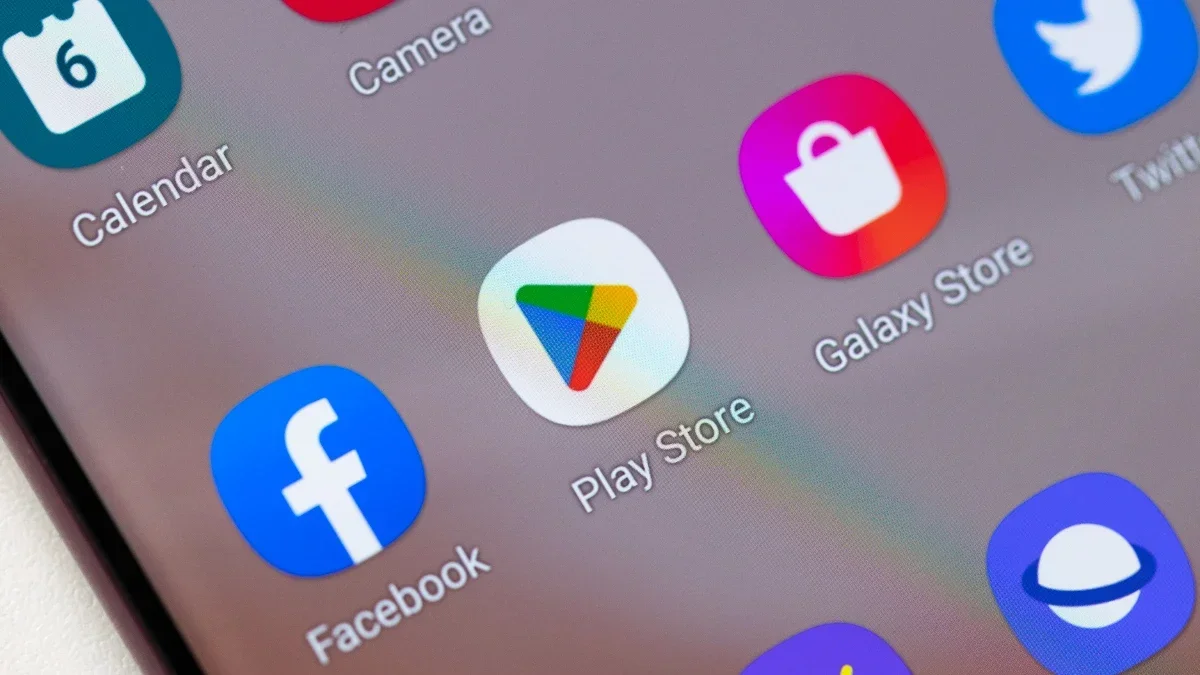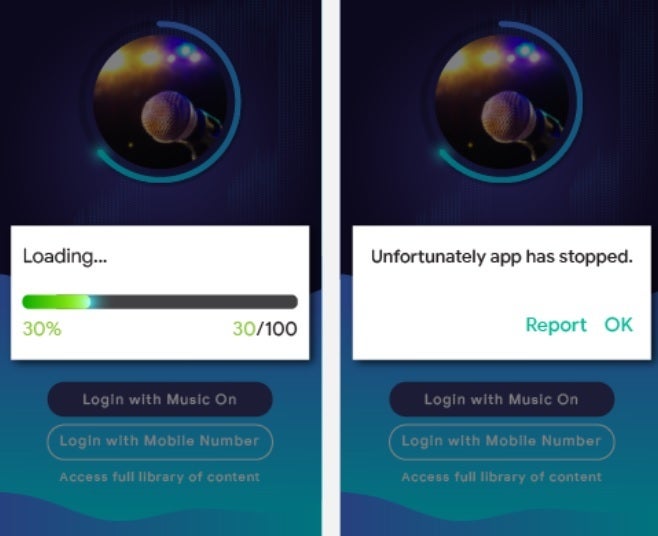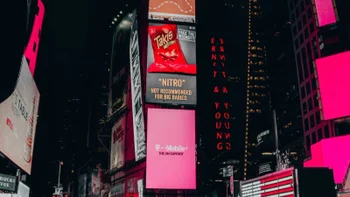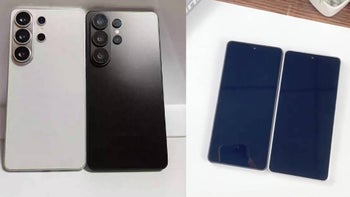Google will soon remove certain apps from the Play Store

Google is getting ready to clean up the Play Store by getting rid of apps that are considered to be risky and low-quality. The goal is to improve the experience of Android users. Google says that it is updating its Spam and Minimum Functionality policy effective August 31st. Google says that it won't allow apps that crash, force close, freeze, or function abnormally. In addition, Google wants the Play Store to be full of apps that are engaging, stable, and responsive. Apps that are designed to do nothing are not allowed in the Play Store.
Other examples include apps that install but don't load. Apps that load but are not responsive could also find themselves getting kicked out of the Play Store. By taking a big broom to sweep out the Play Store, it is likely that some apps that appear to be legitimate get the boot along with the non-functional and crashing titles. Back in 2020, when it also went through the Play Store with a fine tooth comb, Google removed a couple of apps with millions of installs each. But both apps violated Google's spam and minimum functionality policy.
Google says that an example of apps with limited functionality and content includes those that are static without app-specific functionalities. Such apps could end up getting removed from the Play Store and Google cites as specific examples text only or PDF file apps. Apps with very little content that do not engage with the user are also ripe to be removed. You want a specific example? A single wallpaper app fits that description. Remember, Google is looking to remove apps that are designed to do nothing or have no function and merely take up space in the Play Store and, if downloaded, on your phone as well.

Google will remove apps that install but won't load. | Image credit-Android Police
We've all installed apps that ended up failing to live up to our expectations but that isn't what Google is looking to fix here. Google wants to make sure that every app you install on your Android phone loads and runs after you've installed it. And apps that don't have a function could end up being used as a downloader to disseminate malware on an Android phone. Under this scenario, an app is installed but doesn't have any functionality. Since it doesn't contain malware, it gets past Google's security screenings. Then the attacker's server loads up the app with malware that ends up doing things in the background that could steal your personal data putting your financial accounts at risk.
Again, the new policy rules take effect on August 31st so we could see fewer apps in the Play Store on and after that date as Google looks to clean up its app storefront.
Follow us on Google News














Things that are NOT allowed:
To help keep our community safe and free from spam, we apply temporary limits to newly created accounts: